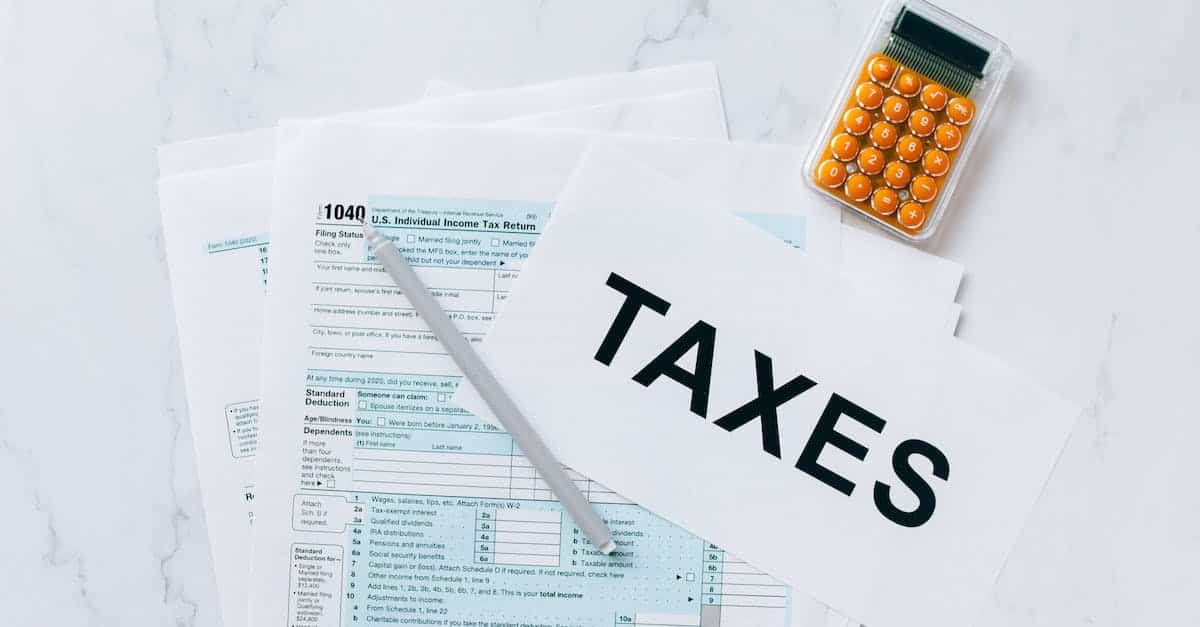Self-Employment Taxes for OnlyFans
Navigating taxes can be intimidating, especially when you’re self-employed. And if you’re an OnlyFans creator, it can be even more complex. It’s important to understand the basics of self-employment taxes and how they apply to your OnlyFans earnings. This article will explain the basics of self-employment taxes and give you the information you need to be sure you’re in compliance with the Internal Revenue Service (IRS).
What Are Self-Employment Taxes?
Self-employment taxes are taxes that you must pay on any income you earn from self-employment activities. This includes income from side hustles, such as OnlyFans, as well as income from full-time self-employment.
Self-employment taxes are different from the taxes you would pay as an employee of an employer. As an employee, your employer would typically pay half of the taxes due on your earnings, and you would pay the other half. But as a self-employed individual, you’re responsible for the full amount of the taxes due.
How Are Self-Employment Taxes Calculated?
Self-employment taxes are calculated by combining your net income from self-employment activities with your wages, tips, and other compensation. This total is subject to Social Security and Medicare taxes, just as it would be if you were an employee.
The current Social Security tax rate is 12.4%, with half of that amount (6.2%) paid by the employee and the other half (6.2%) paid by the employer. For self-employed individuals, the entire 12.4% is paid by the self-employed individual.
The current Medicare tax rate is 2.9%, with half of that amount (1.45%) paid by the employee and the other half (1.45%) paid by the employer. Again, for self-employed individuals, the entire 2.9% is paid by the self-employed individual.
In addition to the Social Security and Medicare taxes, self-employed individuals are required to pay an additional 0.9% Medicare tax on any income over a certain threshold. For 2020, the threshold is $200,000 for single filers and $250,000 for married filing jointly.
Are OnlyFans Earnings Subject to Self-Employment Taxes?
Yes, any income you earn from OnlyFans is subject to self-employment taxes. The only exception is if you are already an employee of an employer and your OnlyFans earnings are just supplemental income. In that case, your employer will pay half of the Social Security and Medicare taxes due on your wages, and you will pay the other half.
How Do I Report my OnlyFans Earnings on my Tax Return?
Your OnlyFans earnings must be reported on your tax return. This can be done by filling out Schedule C of your Form 1040. This form is used to report business income and expenses, so you’ll need to include your total income from OnlyFans as well as any business-related expenses you’ve incurred, such as advertising costs.
You’ll also need to calculate your self-employment taxes and report them on Schedule SE of your Form 1040. This will let you know how much you owe in taxes.
Frequently Asked Questions
1. What is the self-employment tax rate?
The self-employment tax rate is 15.3%, which is made up of the 12.4% Social Security tax rate and the 2.9% Medicare tax rate. An additional 0.9% Medicare tax is due on any income over a certain threshold.
2. Do I have to report my OnlyFans earnings on my tax return?
Yes, any income you earn from OnlyFans must be reported on your tax return. This should be done by filling out Schedule C of your Form 1040 and Schedule SE of your Form 1040.
3. Are there any deductions I can take for my OnlyFans earnings?
Yes, you may be able to take deductions for business-related expenses, such as advertising costs. These deductions should be reported on Schedule C of your Form 1040.
Conclusion
Self-employment taxes can be complicated, especially for those who are new to self-employment. But it’s important to understand the basics of self-employment taxes and how they apply to your OnlyFans earnings. This article has explained the basics of self-employment taxes and provided the information you need to be sure you’re in compliance with the IRS.



